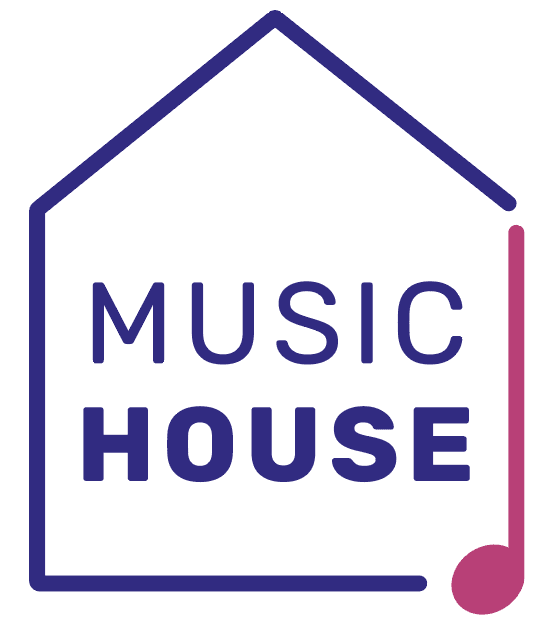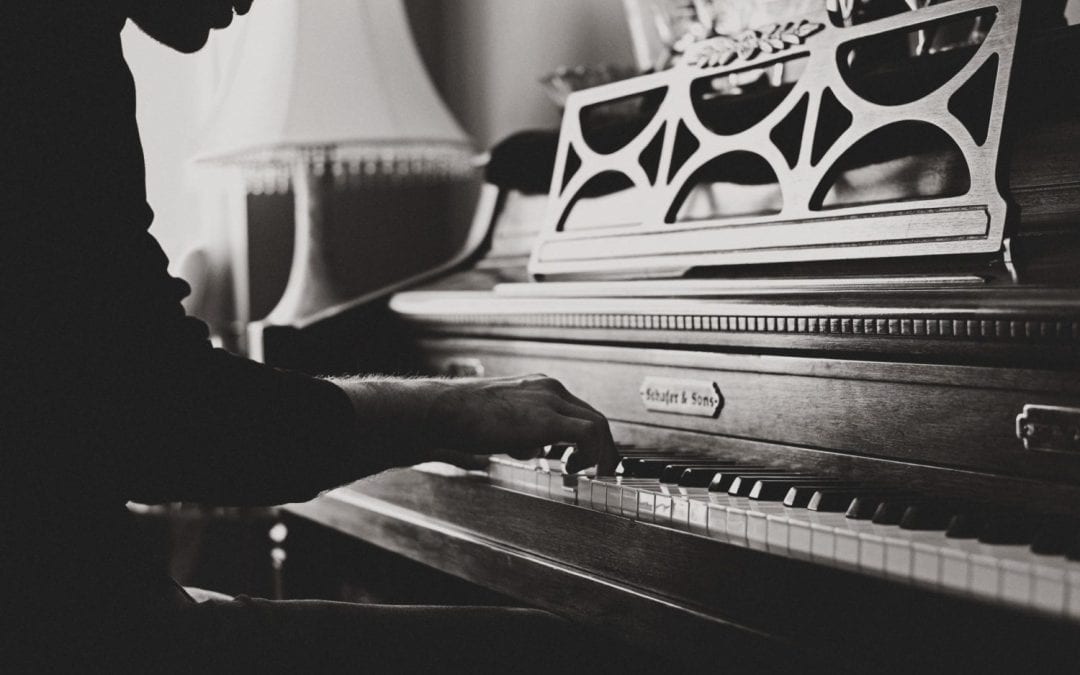Major examination boards are booked throughout November and December to moderate practical assessments of more than 1500 musical students from our region.
In less than two weeks, Associated Board of the Royal Schools of Music (ABRSM) and London College of Music (LCM) are set to takeover our outstanding College facilities as students from surrounding areas prepare for their practical music exams.
Tim Knight, Principal – Yorkshire College of Music and Drama, says:
“With so many people being unable to take their exams in the summer session, we’re working hard – in association with the exam boards – to make sure everything runs smoothly. We understand how important a face-to -face instrumental or singing exam is and in the current climate, keeping students safe is a primary concern. We’re delighted we can fulfil all the requirements and look forward to welcoming the boards and students to Yorkshire College of Music and Drama .”
Collectively, ABRSM, LCM, Trinity and Rock School have chosen to use our flagship building for over 30 years. These longstanding partnerships are of great importance to our College which boasts a number of rooms with the best acoustics, tuned pianos and a rich history of musical talent including none other than Dame Julie Andrews.
Furthermore, Rock School are booked to hold theory exams on 12 December and Yorkshire College of Music and Drama is also the Diploma Centre for Trinity. Because the boards choose to use St Marks House as their venue of choice this helps us to continue delivering our charitable aims and keep the founder legacy alive.
Before restrictions were imposed, students were able to take advantage of the College’s warm-up room to prepare before their practical exam. For this exam period, students have been asked to practice /warm up in their cars to adhere to safe distancing.
The College has put in place covid safe measures in line with government guidelines. This includes a separate entrance and exit, sanitiser stations, clearly marked one way notices with arrows and pre-allocated exam time slots. These steps mean that we are protecting examiners and examinees.
As we enter a second lockdown, exams are going ahead which is great news for our region’s examinees – many were left disappointed after exams were cancelled earlier in the year. We wish everyone the best of luck and we’re crossing fingers and toes.




















